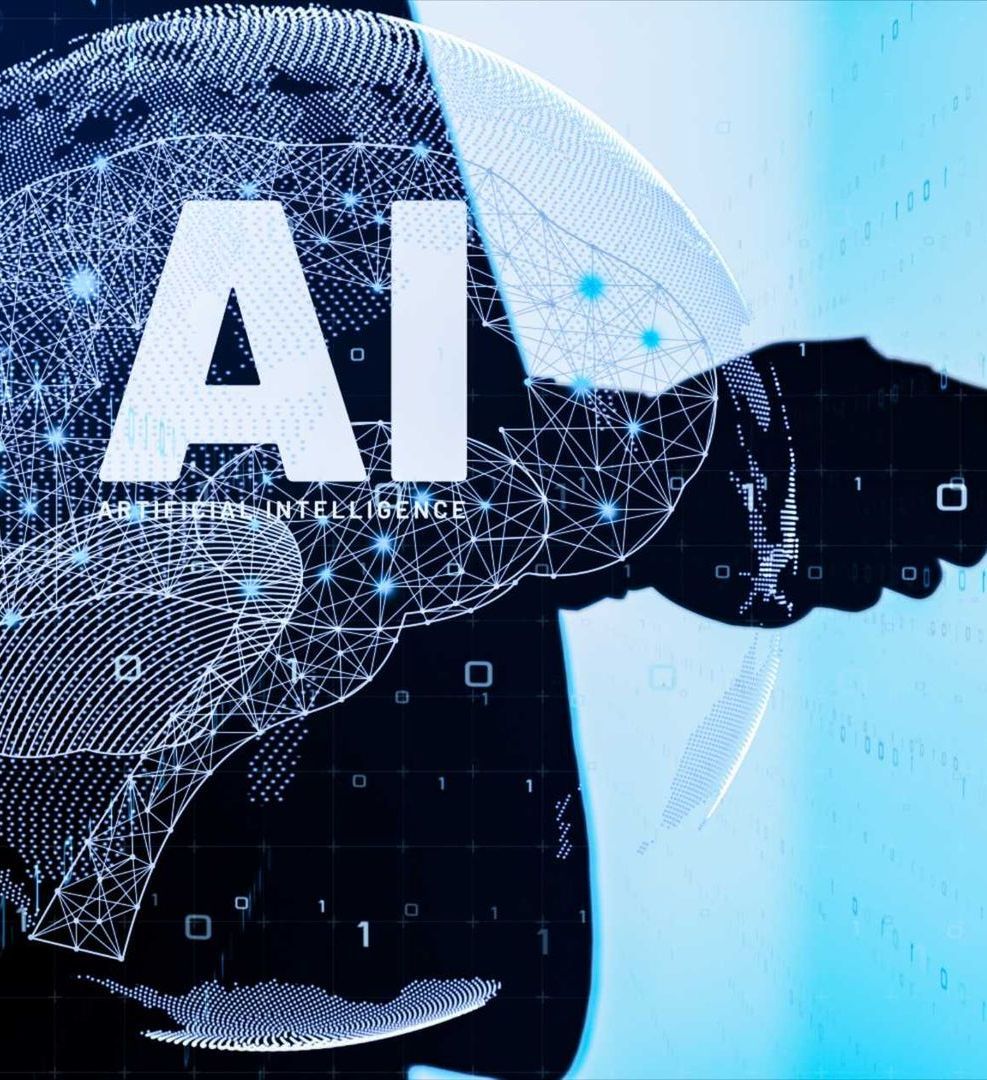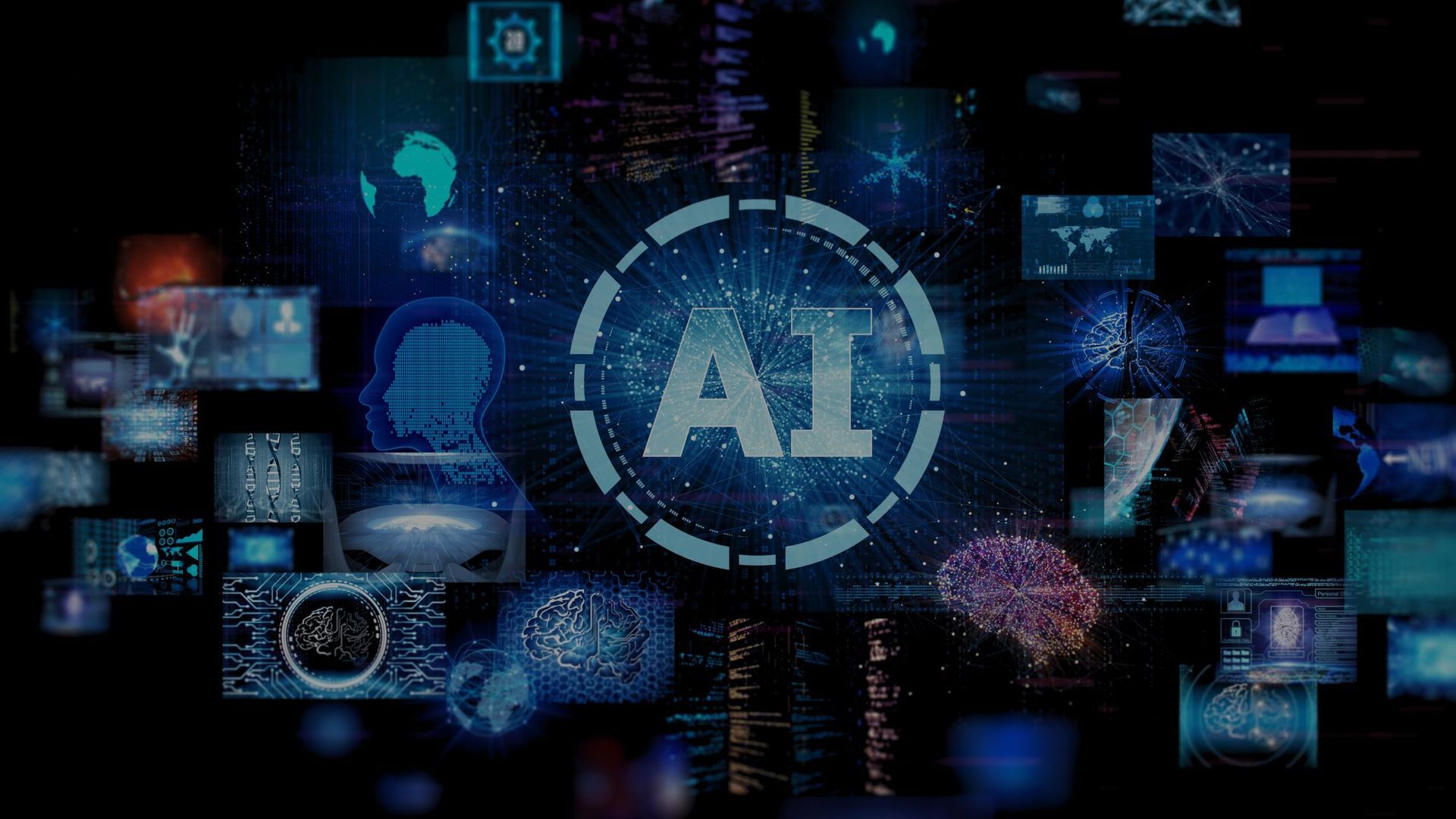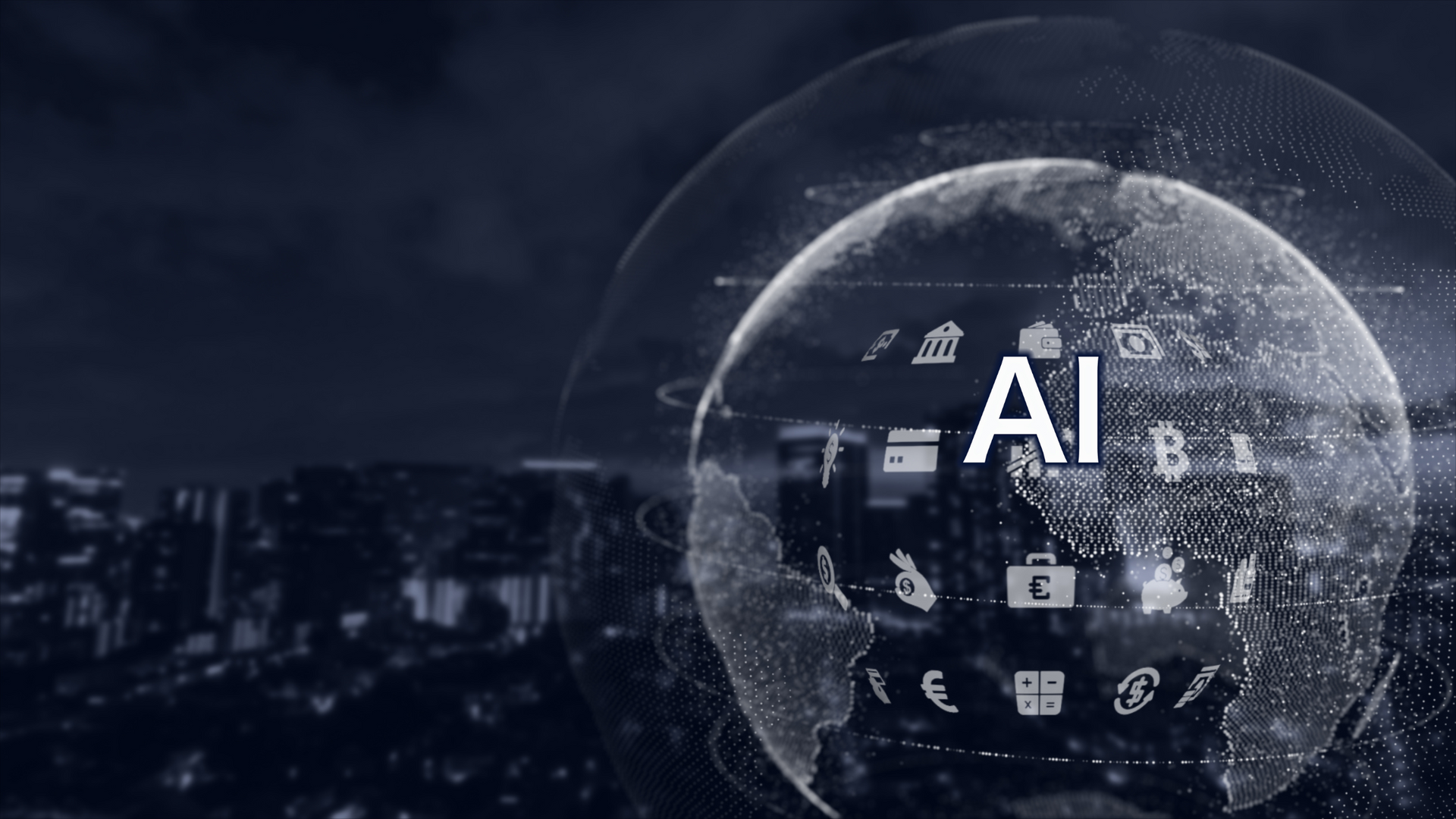Embracing AI: Transforming the Tech Industry and Career Opportunities
AI and its Growth in the Tech Industry
Artificial Intelligence (AI) has rapidly transformed from a futuristic concept into a tangible reality, revolutionising various sectors worldwide. In Ireland, AI's growth is particularly noteworthy. The country's tech industry, bolstered by robust governmental support and a thriving start-up ecosystem, has emerged as a significant player in the AI landscape. Ireland's strategic focus on technology, combined with its attractive business environment, has made it a hub for AI innovation and development.
Advancements in AI Technology
The advancements in AI technology over recent years are nothing short of remarkable. Key segments of AI technology include:
- Machine Learning (ML):
This segment involves algorithms that allow computers to learn from and make decisions based on data. It's foundational for developing predictive models and is widely used in sectors like finance, healthcare, and marketing.
- Deep Learning: A subset of ML, deep learning uses neural networks with many layers to analyse various factors of data. It's particularly powerful in processing and interpreting complex data, such as images and natural language.
- Natural Language Processing (NLP): NLP enables machines to understand and respond to human language. It's the backbone of applications like chatbots, language translation services, and sentiment analysis tools.
- Image Processing:
This technology involves algorithms that can interpret and manipulate visual data. It's crucial for applications in medical imaging, autonomous vehicles, and facial recognition systems.
- Speech Recognition: This segment focuses on the ability of machines to understand and transcribe human speech. It powers virtual assistants like Siri, Alexa, and Google Assistant.

Benefits of AI in the Tech Industry
The integration of AI into the tech industry brings numerous benefits across various domains:
- Efficiency and Productivity: AI significantly enhances efficiency and productivity by automating routine tasks. For instance, in Quality Assurance (QA), AI-driven applications streamline software testing processes. By analysing repetitive patterns and automating regression testing, AI reduces human error, speeds up testing cycles, and allows QA teams to focus on more complex tasks. This automation extends to application testing, where AI creates test suites based on user behaviour patterns, facilitating faster and more effective testing processes.
- Innovation and Problem-Solving: AI provides powerful tools for data analysis, uncovering insights that drive innovation. AI systems can analyse vast amounts of social media data to predict market trends and customer behaviour, giving companies a competitive edge. In defect analysis, AI monitors and analyses data, detecting errors and generating warnings for QA teams. This deep analysis identifies areas prone to defects and suggests solutions for optimisation.
- Enhanced User Experiences: AI-powered applications offer personalised experiences, from tailored content recommendations to responsive customer service. In service management, AI enhances user experiences through self-solving service desks that analyse company data and provide users with effective self-help options. Machine learning capabilities allow AI to analyse service requests, compare them to past resolutions, and suggest optimal solutions, improving service delivery.
- Cost Reduction: Automation and predictive maintenance driven by AI reduce operational costs. AI-powered process automation allows IT companies to streamline various operations, replacing repetitive manual tasks with automated solutions. This reduces expenses, minimises manual work, and enables companies to manage complex networks more effectively. AI-driven computer engineering and automated network management ensure stable operating states and efficient software development cycles.
- Improved Decision-Making: AI systems analyse vast amounts of data to provide actionable insights, supporting better and faster decision-making processes. Efficiency analysis through AI summarises information from diverse sources, giving QA engineers a comprehensive view of necessary changes. This helps QA teams make informed decisions, enhancing overall process efficiency.
Challenges and Concerns Surrounding AI in Tech
Despite its advantages, AI presents several challenges and concerns:
- Ethical Considerations:
The development and deployment of AI raise ethical questions, particularly regarding privacy, surveillance, and data security. Ensuring AI systems are used responsibly is crucial.
- Bias and Fairness: AI algorithms can perpetuate and amplify existing biases if not properly checked. This can lead to unfair treatment and discrimination in various applications, from hiring processes to loan approvals.
- Job Displacement: While AI creates new job opportunities, it also threatens to displace certain roles, especially those involving routine and repetitive tasks.
- Security Risks:
AI systems can be vulnerable to attacks and manipulations, posing significant security risks.
- Regulation and Compliance: Developing frameworks to regulate AI without stifling innovation is a complex challenge that policymakers worldwide are grappling with.

Job Market Impact & Top AI Jobs
The impact of AI on the job market is profound and multifaceted. While some jobs may become obsolete, new roles are emerging in the AI domain. The rise of AI technology has led to the creation of numerous AI specialised roles in the tech industry.
Here are some of the top jobs in AI:
- Machine Learning Engineer: These professionals design and implement machine learning models and algorithms. They require expertise in programming languages such as Python and R, as well as a strong understanding of data structures and statistical analysis.
- Data Scientist: Data scientists analyse large datasets to extract meaningful insights. They use machine learning and statistical methods to develop predictive models. Proficiency in data manipulation, visualisation tools, and programming languages is essential.
- AI Research Scientist: Research scientists focus on advancing AI technology through theoretical and applied research. They work on developing new algorithms, improving existing models, and exploring novel AI applications. A strong academic background in AI and related fields is typically required.
- AI Ethics Specialist:
As ethical considerations become more prominent, AI ethics specialists ensure that AI systems are developed and used responsibly. They assess potential biases, ensure compliance with regulations, and promote fairness and transparency in AI applications.
- Robotics Engineer: Robotics engineers design and build robots that leverage AI for various applications, such as manufacturing, healthcare, and autonomous vehicles. They combine expertise in mechanical engineering, electronics, and computer science.
- NLP Engineer: Natural Language Processing engineers develop systems that enable machines to understand and respond to human language. They work on applications such as chatbots, language translation, and sentiment analysis.
- Computer Vision Engineer: These engineers develop algorithms that enable machines to interpret and process visual data. Applications include facial recognition, autonomous driving, and medical imaging.
- AI Product Manager: AI product managers oversee the development and deployment of AI-powered products. They bridge the gap between technical teams and business stakeholders, ensuring that AI solutions align with business goals and user needs.
- AI Consultant: AI consultants advise organisations on integrating AI into their operations. They assess business needs, recommend AI strategies, and help implement AI solutions to improve efficiency and drive innovation.
- Deep Learning Engineer: Deep learning engineers specialise in neural networks and deep learning algorithms. They work on applications that require complex data analysis, such as image recognition and natural language processing.
The Future of AI in the Tech Industry
The future of AI in the tech industry looks promising, with several trends on the horizon:
- Integration Across Sectors: AI will continue to penetrate various industries, from healthcare and finance to transportation and retail.
- Human-AI Collaboration: The focus will shift towards augmenting human capabilities with AI, fostering collaboration between humans and machines.
- Advances in Explainable AI: Efforts to make AI decisions more transparent and understandable will grow, addressing concerns about accountability and trust.
- Enhanced Personalisation: AI will drive deeper personalisation in services, improving customer experiences across the board.
- Sustainability and AI: AI will play a crucial role in addressing global challenges, such as climate change, by optimising resource use and supporting sustainable practices.

Partner with Mason Alexander – Your AI Recruitment Specialists
AI's transformative impact on the tech industry offers immense potential to drive innovation, efficiency, and growth. However, navigating the complexities of AI requires access to top-tier talent and expertise. As AI technology continues to evolve, companies must harness its benefits while addressing ethical, social, and regulatory concerns. Partnering with Mason Alexander can help your organization stay ahead in this dynamic field. Whether you're seeking top talent to lead your AI initiatives or exploring career opportunities in AI, Mason Alexander connects you with the best professionals in the industry.
Embrace the future of AI with confidence by partnering with Mason Alexander to meet your talent and career needs in this rapidly evolving landscape.
Sign up for our news and updates
Follow us on Instagram
Mason Alexander is a recruitment company with one clear mission: a relentless focus to deliver optimal outcomes for clients and candidates.
Ireland:
US:
hello@masonalexanderus.com
+1 917-280-5614
Quick Links
Locations
Dublin
Smyth House,
6-7 St. Stephens Green, Dublin,
D02 X827
Cork
1C North Valley Business Centre, Old Mallow Rd, Blackpool, Cork, T23 WN15
Portugal
50 R. Alexandre Herculano Lisbon,
Lisbon 1250-048
New York City
140 E 44th St
New York, NY 10017, USA
San Francisco
44 Montgomery St
San Francisco, CA, 94104
New Paragraph
©2025 Mason Alexander. All Rights Reserved | Privacy Policy | Sitemap | Powered with 💜 by Shazamme








































































































